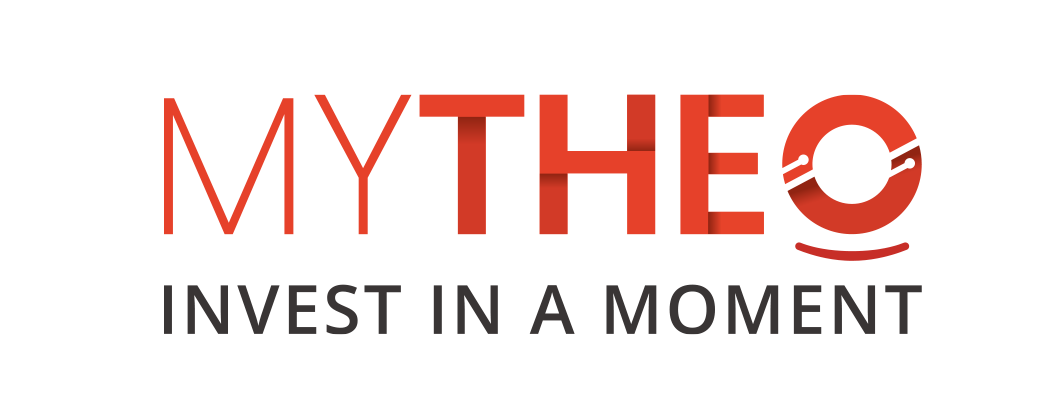Thursday, 12 November 2020
Written by Amirudin Hamid, Portfolio Manager of GAX MD

Global equities declined for the second consecutive month in October. Rising new COVID-19 cases in the US and Europe was the primary reason for a selldown. Also, investors avoided risky assets on the backdrop of political uncertainty ahead of the US presidential election and the failed negotiation over Brexit. The Growth portfolio dipped by 1.80% whilst the Income and Inflation Hedge portfolios dropped by 0.42% and 1.79% respectively.
Chart 1: Top Performing Major Equity Indices in October 2020

Note: Past performance is not an indication of future performance
Additionally, the sentiment in Asia was also driven by a positive economic outlook in China. The third-quarter report showed that China's GDP growth accelerated to 4.9% compared to a 3.2% growth in the second quarter. That brings China’s growth for first nine months this year to 0.7%, which is on track to becoming one of the few countries to report positive economic growth in 2020.
Chart 2: Functional Portfolios’ Performances for the month of October 2020

Source: GAX MD Sdn Bhd
Note: Past performance is not an indication of future performance
It must be noted that, the actual portfolio returns to the investors is the combined weighted return from the allocation to each functional portfolio. For example, if an investor allocates the investment equally: 33.3% in Growth, 33.3% in Income and 33.3% in Inflation Hedge, the actual portfolio return is (33.3% x -1.80%) + (33.3% x –0.42%) + (33.3% x -1.79%) = -1.34%.
The GROWTH portfolio dropped by 1.80% in MYR
The Asian market was the best region to invest in stocks in October. Rising new COVID-19 cases and political uncertainty across the US and Europe had shifted investors' interests into Asia, especially a large and deep market like China. As a result, Chinese stocks (FXI) ticked up 4.98%. Meanwhile, Frontier Market (FM) was up by 2.68%, and Taiwan stocks (EWT) added 0.56% supported by a rally in technology stocks.
The worst-performing investments were UK (EWU), Singapore (EWS) and US large-cap technology stocks (QQQ). EWU fell 4.53% after Boris Johnson failed to reach the trade agreement with the European Union before the October 15 deadline. EWS dropped 3.70% due to persistent selling by institutional investors following the tepid corporate earnings results for the second quarter of 2020. Meanwhile, QQQ dropped by 3.06%, which was driven by profit-taking activities on large-cap technology stocks in the US.
The INCOME portfolio dipped by 0.42% in MYR
Treasury yields rose across the board in October. The US 10-year bond yield closed the month at 0.88% from 0.68% at the end of September, pulling down the valuation of US Treasury bond ETFs across all durations. The US Treasury with more than 20 years to maturity (TLT) dropped by 3.40% and the US Treasury with 7 to 10 years to maturity (IEF) was down by 1.40%.
The movement in the Treasury bond market did not have any influence on the corporate bonds and non-investment grade bonds market. Conversely, investors were bidding higher on non-US and high yield bonds. Due to this, the International Government Bonds (BWX) and Emerging Market Bonds traded in its local currency (EMLC) had both gained by 1.00% and 0.02% respectively.
Similarly, the US high yield bonds such as Short-term high yields bonds (SJNK) and High Yield bonds (HYG) increased by 0.55% and 0.39% respectively.
The INFLATION HEDGE portfolio dropped by 1.79% in MYR
The Oil ETF (DBO) fell further by 10.72% as investors expected demand to slow down after a new lockdown in Europe. The substantial rise in cases in the US and Europe had also clouded the outlook of the property sector. With that said, the International Real Estate ETF (RWX) and US Real Estate ETF (IYR) fell by 3.92% and 2.93% respectively.
On the positive side, the recovery of economic activities in China had boosted global metal prices. The Metal ETF (DBB) which mainly invests in copper, zinc and aluminium, had gained further by 2.95% in October, as 50% of the total global demand for these metals comes from China. In October, aluminium spiked up by 11.10%, zinc added 4.80%, and copper rose 0.49%.
Our thoughts
Uncertainty over the US presidential election, failed Brexit deals and the re-emergence of COVID-19 in the US and Europe have caused the market sell-off in October.
However, the market in Asia fared much better as there were no political events in this region. The pandemic remains a threat, but the number of new cases did not rise sporadically like in the US or Europe. Hence, investors saw fewer risks and bought more assets in Asia. That's why the Asian market, notably China, had outperformed the US and European markets in October.
By investing in MYTHEO, investors will have a share of benefits from the positive performance in China and the Asian market. MYTHEO's Growth portfolio invests in China through Large Cap China ETFs (FXI) and Hong Kong shares (EWH), which consist of companies that operate in China. Besides, MYTHEO also holds the Pacific ETF (VPL) that give not just additional exposure in China but also exposure to other pacific countries such as Japan, South Korea, Australia, Singapore and New Zealand. In MYTHEO, all these are made possible because of the geographical diversification that is spread across more than 80 countries.
On US politics, Joe Biden of Democrat was declared a winner in the US presidential election. As highlighted in our previous article, ‘Does the US Presidential Election Affect Your Investment?’, whether the President is a Democrat or Republican matters the least to the financial market. The US economy is huge and complex and government policies are just part of it. All monetary policies are taken care of by the Federal Reserve, which is independent from the President's office.



